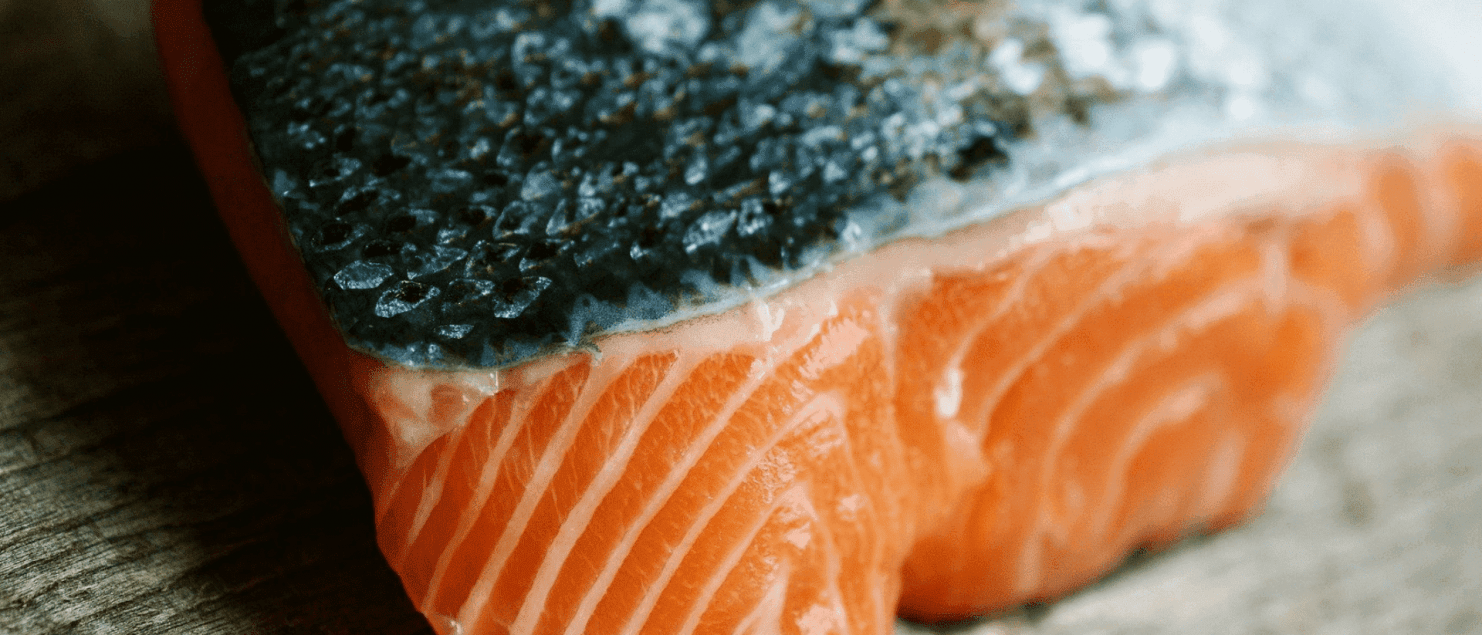Beginner’s Guide: Copper
Copper is an essential mineral that plays a role in many different processes in the body. Though you may not be familiar with it, this mineral is actually quite important for maintaining good health. In this blog post, we’ll take a look at what copper does in the body, where you can find it in food, and what the consequences are of not getting enough copper. By the end of this post, you’ll have a better understanding of this essential nutrient and why it’s important to make sure you’re getting enough copper in your diet.
What does Copper do in the Body?
Copper is involved in many different processes in the body, including energy production, and iron absorption. It helps the body form red blood cells, maintain a healthy nervous system, and it plays a role in iron metabolism.. This mineral is also necessary for the formation of collagen and elastin, two proteins that are important for healthy skin and joints. Additionally, copper plays a role in immune function and cognitive health As you can see, copper is responsible for many different functions in the body. This is why it’s important to make sure you’re getting enough copper in your diet.
Food sources & supplementation
Copper Rich Foods
Copper is a mineral that is essential for good health. It can be found in a variety of foods, including meat, seafood, grains, fruits, and vegetables. Copper helps the body to absorb iron and form red blood cells. It also helps to keep the nervous system healthy and aids in wound healing. Here are some copper-rich foods that you can add to your diet:
Organ meats
Organ meats, such as liver and kidney, are some of the best sources of copper. A 3-ounce serving of liver contains more than 20 milligrams of copper.
Shellfish
Shellfish, such as oysters and crabs, are also good sources of copper. A 3-ounce serving of oysters contains almost 10 milligrams of copper.
Nuts and seeds
Nuts and seeds are another good source of copper. A 1-ounce serving of Brazil nuts contains more than 8 milligrams of copper.
Dark chocolate
Dark chocolate is a good source of copper, with a 1-ounce serving containing around 7 milligrams of the mineral.
Blackstrap molasses
Blackstrap molasses is a type of molasses that is a good source of several minerals, including copper. A tablespoon of blackstrap molasses contains more than 4 milligrams of copper.
Avocados
Avocados are a good source of several nutrients, including copper. A medium avocado contains around 3 milligrams of copper.
Tofu
Tofu is a good plant-based source of copper. A cup of tofu contains around 2 milligrams of the mineral.
Sweet potatoes
Sweet potatoes are another good source of copper. A cup of cooked sweet potato contains around 1 milligram of the mineral.
Lentils
Lentils are a good plant-based source of several nutrients, including copper. A cup of cooked lentils contains around 1 milligram of the mineral
Cashews
Cashews are a type of nut that can be eaten whole, roasted, or as part of another dish such as stir-fry or curry. A 1-ounce serving of cashews provides over 0.4 milligrams of copper. Cashews are also a good source of magnesium and phosphorus.
Possible side effects or interactions
Although copper is an essential mineral, it can have some side effects if you get too much of it. For example, copper can interact with medications like blood thinners and antibiotics. It can also cause stomach upset, nausea, vomiting, and diarrhea. In large doses, copper can be toxic and even lead to death. However, these side effects are usually only seen with copper supplements, not with copper that naturally occurs in food. So as long as you’re getting your copper from a healthy diet, you shouldn’t have to worry about any negative side effects.
Conclusion
It’s important to get enough phosphorus in your diet because this essential nutrient plays a role in many different body processes. Good sources of phosphorus include meat, poultry, fish, dairy products, nuts, legumes, and some cereals and breakfast foods. Most people get enough phosphorus by following a healthy diet; however, certain conditions can lead to a deficiency of this mineral. If you think you may be deficient in phosphorus or are experiencing symptoms of a deficiency (such as weak bones or fatigue), talk to your doctor about getting tested.
Sign up for my free email newsletter and get access to tips, tricks & content that will help you live your healthiest life! Ready to take the next step? Book your first coaching session and take 10% off!
My focus areas include nutrition, fitness, mindset, posture, and sleep. I specialize in adult beginners and those starting their wellness journey later in life. I am passionate about helping people live healthier, happier lives. I live in Katy, TX with my two cats, Cheetah and Sorbet.

